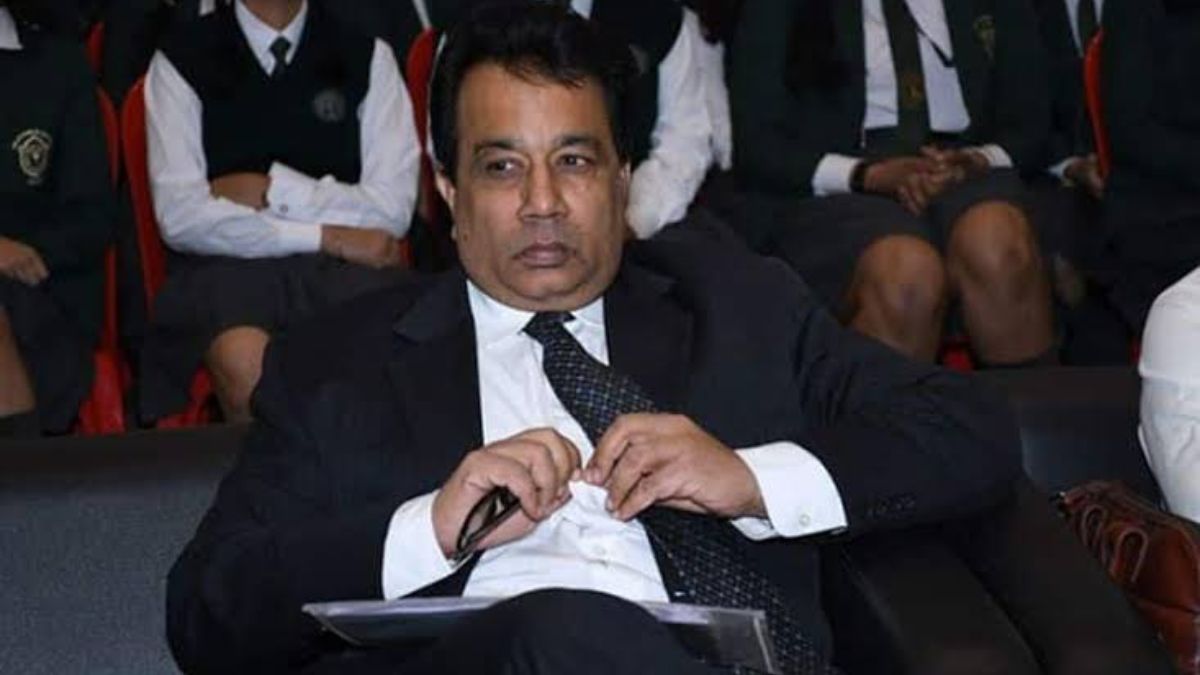Pranav Gupta of Ashoka University examines NEP’s impact on learning foundations
The policy's goal is to provide children with the tools they need to develop a lifelong love of learning by encouraging them to embrace curiosity and learn through play beginning at age three.

Advertisement
New Delhi : The National Education Policy (NEP) 2020 represents a radical departure from India’s previous educational policies and a significant improvement to the country’s educational system. The policy aspires to restructure the basis of education so that young minds may soar to new heights, with the goals of empowering learners and encouraging holistic development. Founder of Ashoka University and renowned educator Pranav Gupta thinks NEP 2020 will be the impetus for a sea change in India’s educational landscape. “The NEP 2020 has paved the way for a new era of learning,” he said. “One that fosters creativity, critical thinking, and a passion for lifelong learning.”
The NEP 2020’s emphasis on cradle-to-kindergarten education and care is a major component. The policy’s goal is to provide children with the tools they need to develop a lifelong love of learning by encouraging them to embrace curiosity and learn through play beginning at age three.
The policy’s emphasis on the value of several languages is another salient feature. It promotes the use of regional languages in preschools and kindergartens because of India’s rich linguistic variety. Using many languages helps children feel more connected to their origins and their own identities. According to Union Minister of Education Dharmendra Pradhan, “The NEP, rooted in ‘Indianness,’ will promote learning mother tongue and lay great emphasis on Indian languages and Indian knowledge systems.”
In addition, the policy includes a ground-breaking method of evaluation that promotes a change from rote memorization to competency-based education. The goal of this student-centered grading scheme is to evaluate the learner as a whole. Pranav Gupta Ashoka University Founder, passionately advocates this transformation, asserting, “NEP 2020 redefines success, measuring it by a student’s ability to apply knowledge in real-life situations, empowering them with essential skills beyond examinations.” Alongside that, thepolicy places a strong emphasis on integrating technology into the learning process. By leveraging digital tools and resources, the policy envisions a more interactive and immersive learning experience. Realising the potential of this integration, Founder of Ashoka University Pranav Gupta adds, “Incorporating technology enhances accessibility and inclusivity, enabling students from diverse backgrounds to engage with educational content on a global scale.”
The educational institutions have been restructuring the curriculum, promoting a flexible and multidisciplinary approach following the policy guidelines. By allowing students to choose subjects of their interest and fostering cross-disciplinary learning, it encourages learners to explore their passions. Additionally, the policy emphasizes the importance of vocational education, equipping students with practical skills and knowledge for employability. By bridging the gap between academia and industry, NEP 2020 envisions a future-ready workforce. The hands-on practical learning and research-oriented approach is the way to prepare them to thrive in a competitive global economy.
https://www.youtube.com/watch?v=sGaT2U9i9f8&t=83s
The National Education Policy 2020 has set the stage for a transformative era in India’s educational landscape. As the NEP celebrated its 3rd anniversary soon, Prime Minister Narendra Modi inaugurated the event in New Delhi recently with the objective to discuss, deliberate, and share insights on various aspects of the policy and its implementation. “The world is looking at India as a nursery of new possibilities. The NEP aims at making India a hub of research and innovation. The policy has given equal importance to traditional knowledge systems and futuristic technology,” stated PM Modi.
India’s commitment to quality education and its progressive vision through the policy redefines the foundation of learning, empowering learners to unlock their full potential.
Advertisement

